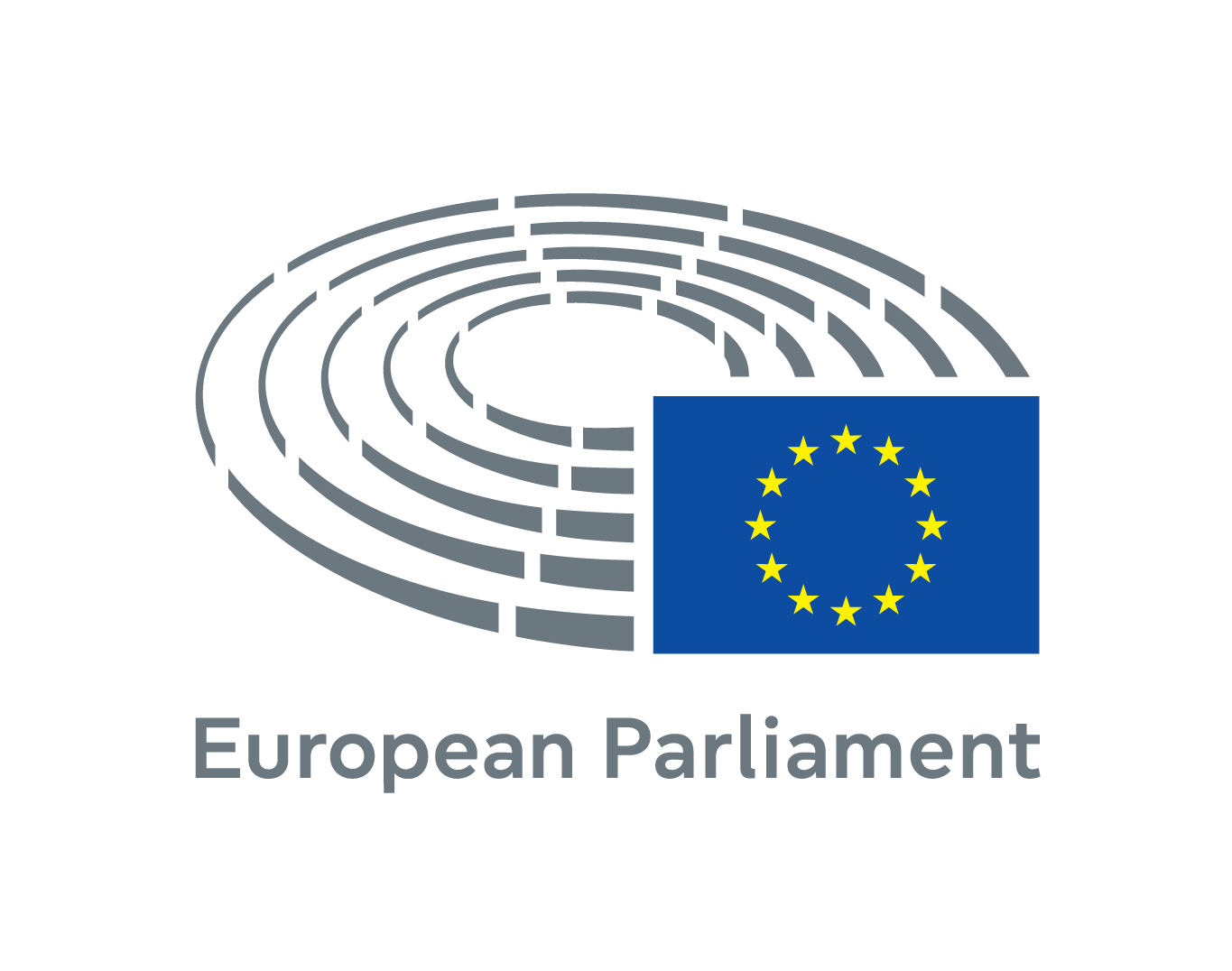Eastern DRC: Statement by the Spokesperson on the latest developments

06.01.2025
The EU strongly condemns the recent occupation by the armed group M23 of the town of Masisi and surrounding areas in North Kivu. The continued advance of M23 is a flagrant violation of the ceasefire agreed upon in the framework of the Luanda process. The latest developments significantly undermine efforts undertaken towards a peaceful resolution to the conflict in eastern DRC.
SIERRA LEONE TO ADOPT RESULTS BASED FINANCING MECHANISM FOR SOLAR MINI-GRIDS WITH EUR 20M FINANCIAL SUPPORT FROM THE EUROPEAN UNION

Freetown, SIERRA LEONE – 13 December 2024:
The Government of Sierra Leone has prioritized energy development in key national strategies to meet the growing demand for electricity and to address the need for new generation capacity. To meet the growing demand for electricity in rural communities, the Government is adopting a cost-effective solution that maximizes their renewable energy resources. With EUR 20 million support from the European Union (EU), the Government is launching a Results Based Financing (RBF) mechanism for the rollout of the next wave of solar mini-grids expected to electrify 35,000 households.
First official Mission of EU Commissioner Síkela develops mutually beneficial cooperation with Mauritania

20 December 2024
During his mission to Mauritania, the European Union’s Commissioner for International Partnerships Jozef Síkela signed a budget agreement with Minister of Economy and Finance and handed over EU-distributed security equipment.
Global Gateway: EU and Tanzania Sign Agreement to Improve Port Performance and Enhance Trade Connectivity

12 December 2024
The European Union, Enabel, UN-Habitat, TradeMark Africa, and the Port of Antwerp-Bruges International have signed a TZS 41.91 billion agreement to modernize the Port of Dar es Salaam. Aligned with the EU's Global Gateway strategy, the project aims to enhance trade efficiency, sustainability, and regional connectivity while advancing Tanzania's low-carbon transport goals.
European Union Signs Key Agreements to Drive Sustainable Development in Zanzibar

9 December 2024
The agreements include enhanced funding for the Bahari Yetu (“Our Ocean”) Project, which is part of the EU’s Team Europe Initiative for the Blue Economy, and a renewed commitment to the Gender Transformative Action Programme in Zanzibar.
The European Union (EU) has further strengthened its partnership with Zanzibar by signing two significant agreements aimed at promoting sustainable development, marine conservation, and gender equality.
Global Gateway: EU Endorses Roadmap for Strategic Partnership on Raw Materials with the Democratic Republic of Congo

11 December 2024
Today, in the framework of Raw Materials Week, the European Commission has officially endorsed the roadmap for its strategic partnership with the Democratic Republic of Congo (DRC) on raw materials, reinforcing the EU’s commitment to secure, sustainable, and resilient value chains for critical raw materials. The partnership aims to support both the EU’s strategic autonomy and the economic development of the DRC, particularly in the mining sector, through concrete projects and investments.
European Commission boosts Regreening Africa Initiative with €15 Million Investment at UNCCD COP16

4 December 2024
Today, at the sixteenth session of the Conference of the Parties of the United Nations Convention to Combat Desertification (UNCCD COP16) in Riyadh, the European Commission announced the launch of the second phase of the Regreening Africa programme, supported by a new €15 million investment. Building on the success of its first phase, this initiative aims to combat land degradation, improve community livelihoods and climate resilience, and restore ecosystems across the Sahel and Horn of Africa.
Global Gateway: EU and Smart Africa strengthen partnership for Africa’s digital transformation

3 December 2024
Today, the EU and Smart Africa Alliance have further enhanced their collaboration to bridge the digital divide in Africa by signing an Administrative Arrangement and a grant agreement under the Global Gateway strategy. The partnership was formalised during a high-level roundtable discussion with European and African government representatives, private sector leaders and civil society. Key objectives of the agreement are deploying secure, affordable digital networks, advancing e-governance services, and exploring the potential of artificial intelligence. The event was co-organised by the Digital for Development (D4D) Hub.
Botswana to establish export certification point for rough diamonds with G7 collaboration

A Joint Statement by Botswana and the G7 diamond technical team.
A G7 import ban on Russian origin diamonds began on 1 January 2024. On 1 March 2024, Russian diamonds processed in third countries were also banned in the G7 jurisdictions. On 1 March 2024, the first certification node with the ability to certify the origin of rough diamonds and issue G7 certificates became operational in the EU. Following this, the G7 diamond technical team and Botswana have increased collaboration on enhancing traceability and transparency in the diamond trade.
Parliament approves the “von der Leyen II” Commission

Following a debate with Ursula von der Leyen on her new team and programme, MEPs elected the College of Commissioners as a whole by roll-call vote.
- Second von der Leyen Commission approved by 370 votes for, 282 against, 36 abstentions
- College of Commissioners expected to take office on 1 December
- MEPs to monitor Commission commitments for the next five years
Details on how each MEP voted will be available shortly on Parliament’s dedicated webpage and in the plenary session's minutes.
To be confirmed, the College of Commissioners needed a majority of the votes cast (rule 129.7 of the EP Rules of Procedure).
This will be Ursula von der Leyen’s second term as Commission President, following the approval of her first Commission by MEPs in November 2019.




